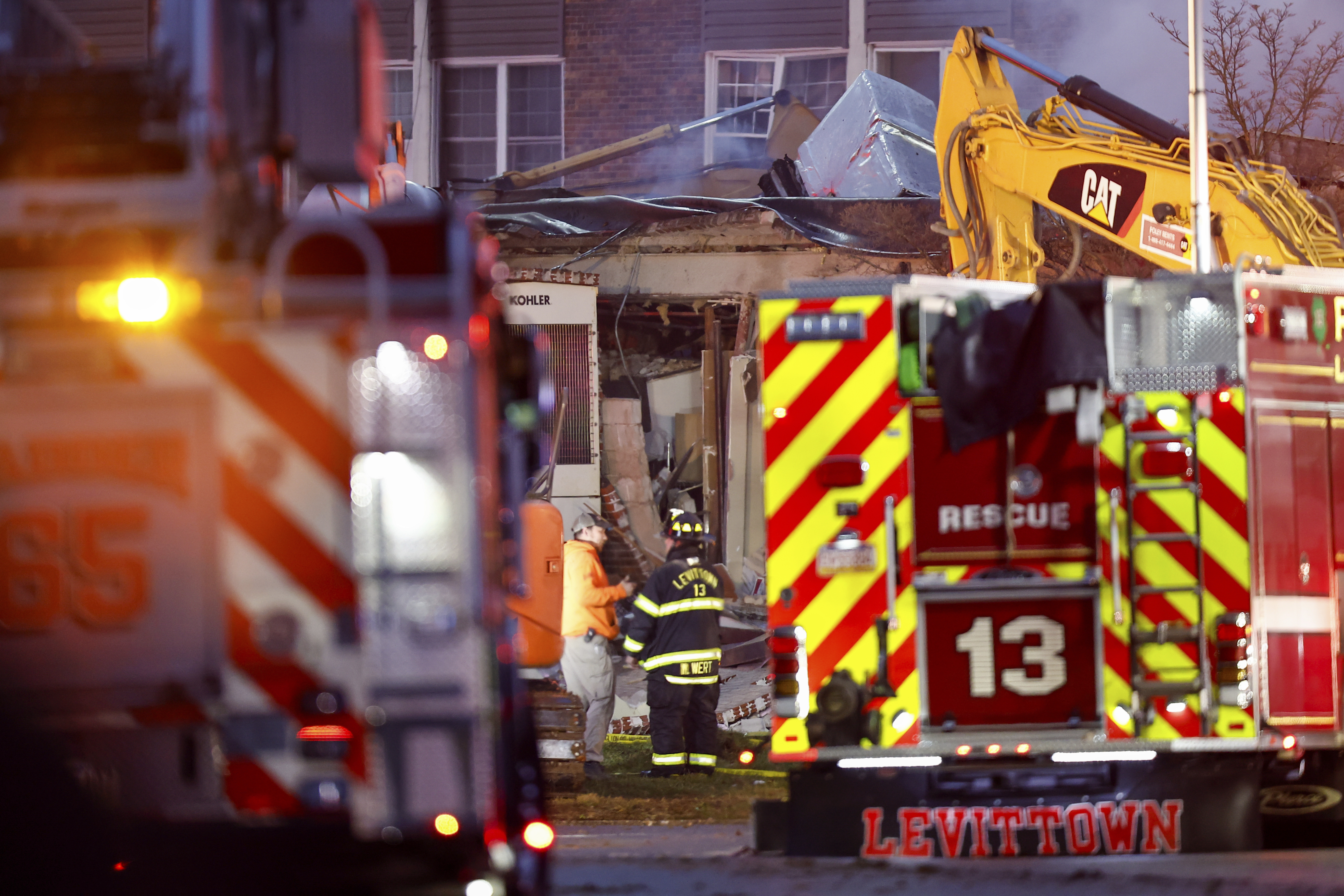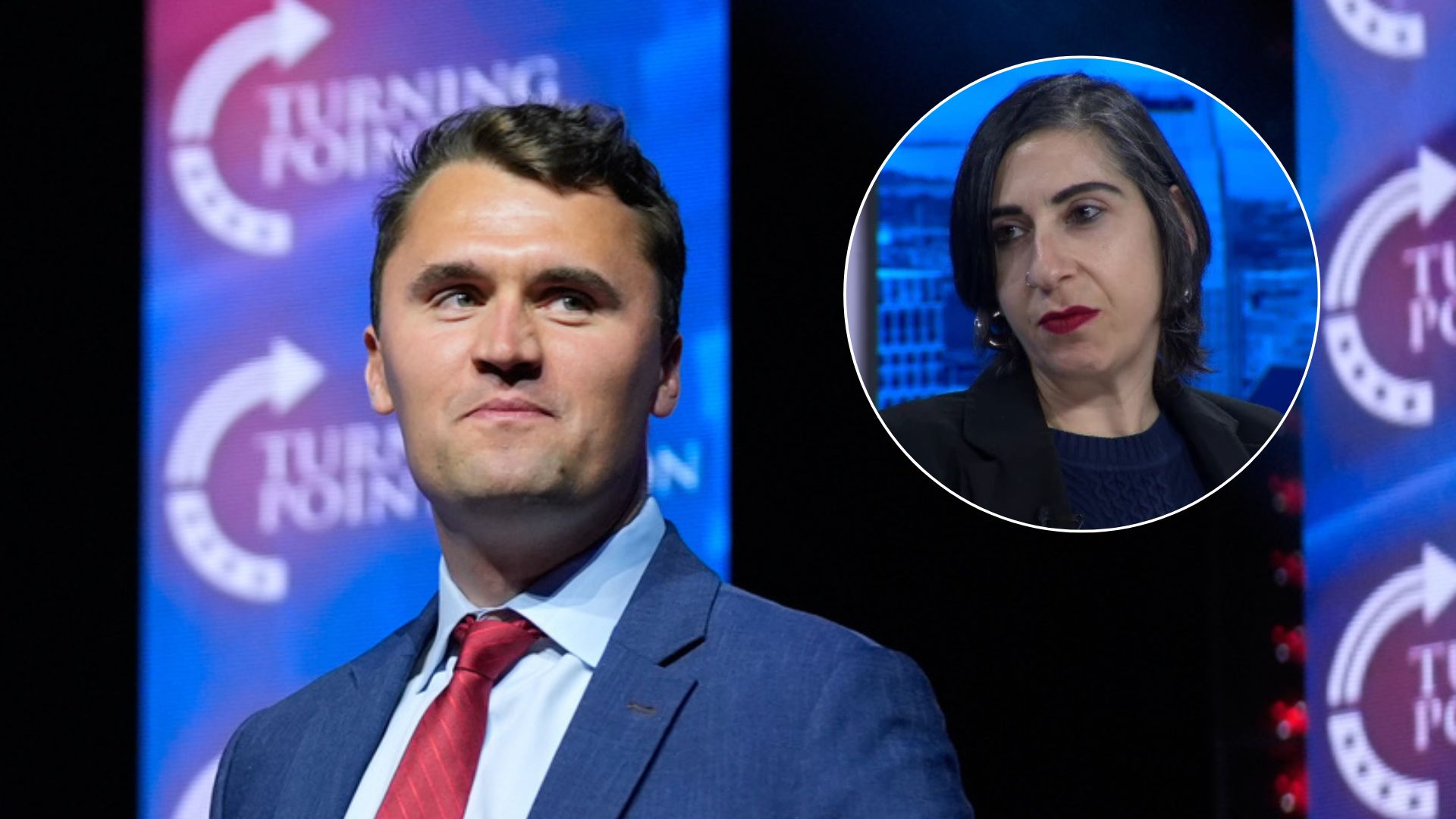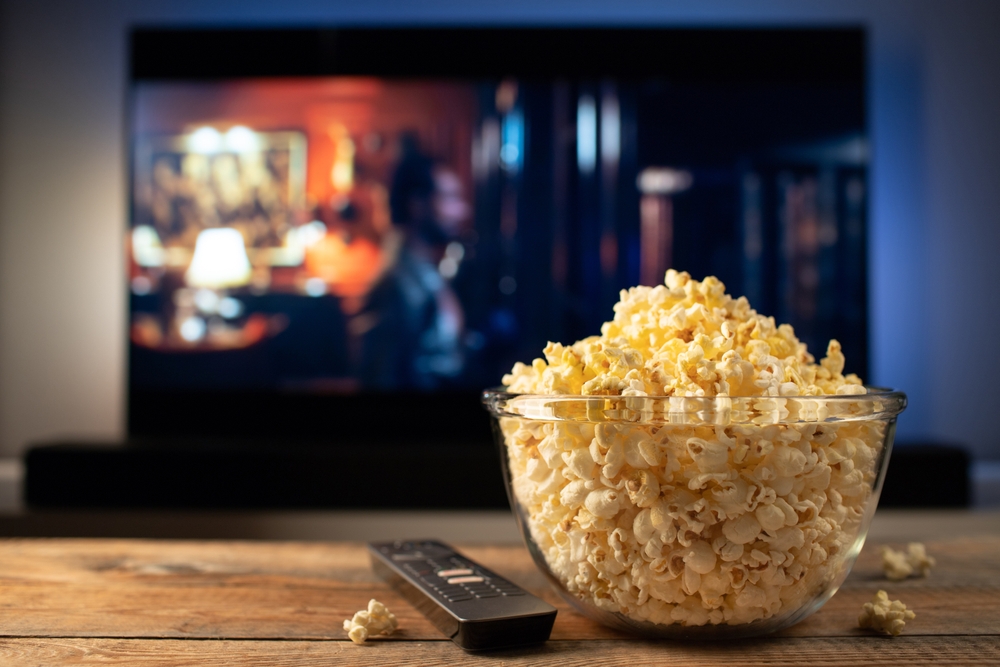The patient who is being treated for Ebola in a Dallas hospital reportedly took a turn for the worse this weekend. His condition has been downgraded to "critical" and he is said to be "fighting for his life."
In an effort to help improve his odds, the FDA says it will allow doctors to give Thomas Duncan an experimental new drug, much like it did with earlier U.S. patients who were in dire need.
The drug is called brincidofovir, and the company that makes it, Chimerix, describes it as a broad-spectrum oral antiviral which could prove effective against several diseases. That's unlike Zmapp, the experimental drug given to those earlier patients, which specifically targets Ebola.
Supplies of Zmapp have run out, but Chimerix says it has reason to believe its antiviral drug will be effective against Ebola as well, though some drug researchers say the evidence is slim.
An Ebola researcher at the University of Texas told USA Today the drug has never been shown effective in animal trials. "I've never heard of this drug being used for Ebola before. ... It works in cell culture. That's great. Lots of things work in cell culture against Ebola."
But the company says it's responding to requests from doctors, and that it's been pressured to hand over the drug before.
The mother of Josh Hardy, a seven-year-old cancer survivor, lead a social media campaign earlier this year to get the company to give Josh the drug. Josh had contracted a virus while his immune system was still suppressed from cancer treatments. Chimerix did give Josh the drug and he eventually recovered, though the company's CEO was fired over the bad press.
Officials have been adamant Duncan's case doesn't pose a risk to the U.S. In a press conference Monday, Texas's commissioner of health said they're confident Duncan didn't pass on his disease.
"One hundred percent of the individuals have been identified. We have 48 individuals that we are watching. ... One hundred percent of them had no signs of fever, had no signs of illness."
He went on to caution the public against being too frightened of the disease, saying stress and fear of Ebola has the potential to cause far more harm than the virus itself.
This video includes images from Getty Images.










